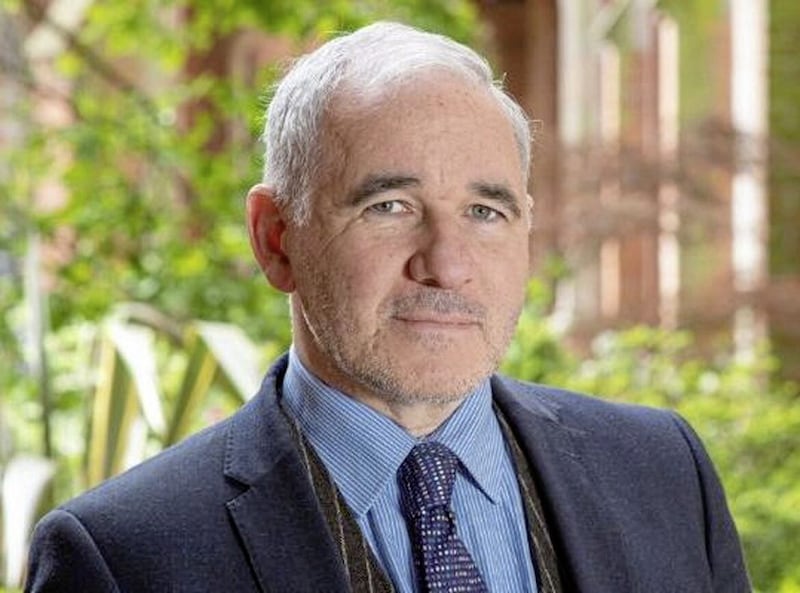The prospect of a referendum on the incorporation of the Rights of Nature into Bunreacht na hÉireann, the Irish Constitution, has taken a step closer with the publication of a report by the Oireachtas Joint Committee on Environment and Climate Action. If the next Irish government respects its mandate to restore regard for nature and our island home as a living subject of our history – it’ll bring together two great movements: the movement for ecological justice on the island and the belated work of decolonisation.
The Rights of Nature refer to legal and constitutional acts of recognition that nature (or ecological systems and features such as rivers and mountains) have intrinsic and unquestionable rights to exist and to flourish. Celebrated examples of countries that have already enshrined nature’s rights into their constitutions include Ecuador and Bolivia. Earlier this year, in a landmark court case in Ecuador, the highest court in the land ruled that plans to extract copper and gold from a mine in a protected cloud forest are unconstitutional and violate the Rights of Nature.
An interesting feature of the Rights of Nature movement here is the leading role of activists and academics from the north and the border counties. Local activists opposing plans to mine gold in the Sperrins and Donegal have been to the fore, with pioneering motions steered through Derry City and Strabane District Council and Donegal County Council.

These local initiatives – in concert with global civil society – formed the backdrop to successful efforts to have Ireland’s Citizens Assembly on Biodiversity Loss (2022) include a recommendation for a constitutional referendum in its report earlier this year. That recommendation has now been endorsed by the Oireachtas Joint Committee on Environment and Climate Action (December 2023), which accepted, in principle, the recommendation of the Citizens Assembly.
A successful referendum campaign – leading to recognition that nature, our island is constituted by a ‘community of subjects’, both human and ‘more-than-human’ – would represent a significant moment for the Irish state’s journey towards decolonisation. The notion that nature and its ecosystems are somehow undeserving of protections for their intrinsic rights to exist and flourish is an alien one, which can be traced back to European colonial philosophies that have licensed settler colonial land theft and the twin crimes of ecocide and genocide. Only to the dismal philosophical and economic imaginaries of European moderns did it occur that nature is dead and for the taking.
Indigenous and colonised peoples across the world have thought and behaved differently. Their cultures, spiritualities and languages reflect a very different sensibility and ‘way of being in the world’, informed by an understanding that we are relatives of those other communities of mountains, rivers and wildlife. Pope Francis has echoed such thinking in his Laudao Si Encyclicals.
This very ancient understanding of being is deeply relational: nothing exists prior to relationship and deep regard or care for the other. In Ireland, our indigenous language and mythology are repositories of similar wisdom. Consider, for example, the mythic and ecological resonance of the tales of the Fomorians versus the Tuatha Dé Danaan, with its contemporaneous call to balance competing societal tendencies to bend nature to our will or surrender to nature’s sovereignty.
A restoration of regard for the Rights of Nature – a recognition of Nature’s sovereignty as a subject of law and our history – could signal a remarkable turn in our island journey towards an indigenous political ecology – an act of liberation for both nature and ourselves. I look forward to voting ‘Yes’ in a referendum that will give voice and extend our understanding of community to our island and our most ancient relatives in Bunreacht na hÉireann.
:: Dr Peter Doran is a Queen’s University law lecturer and founder member of campaign group Environmental Justice Network Ireland.
